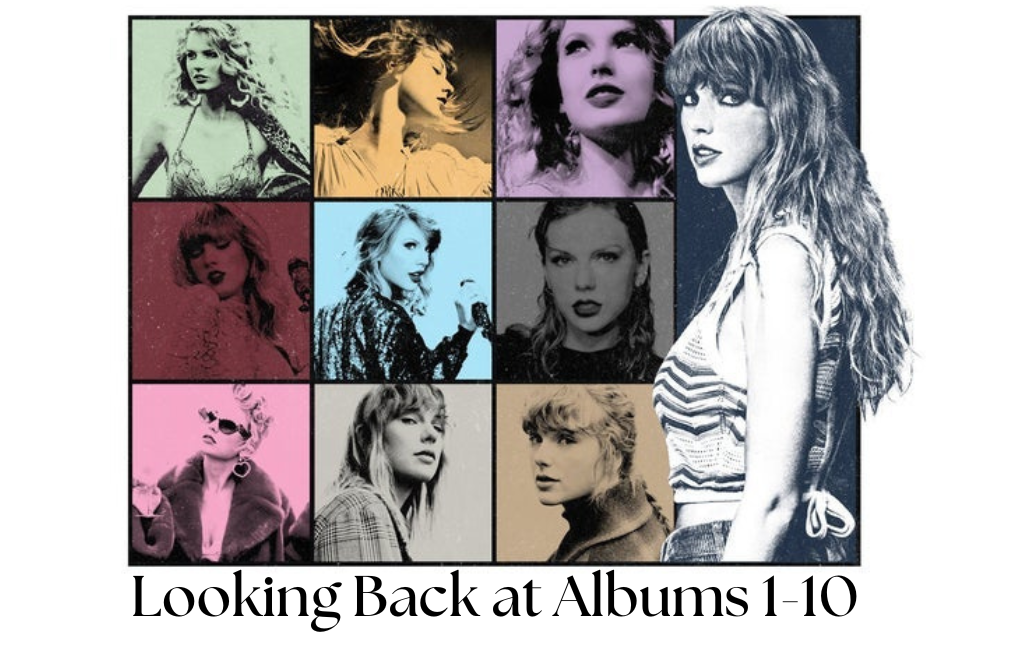I hate “Call of Duty.” I hate “Halo.” I hate “Gears of War.”
Why do I hate them, do you ask? Well, according to popular Internet culture, I’m supposed to hate them because they’ve “ruined the video game industry”. They’re “unoriginal”. They’re the reason why the market has stagnated; they’ve led to the tsunamis of shameless rip-offs that flood the market. I’m supposed to hate these games because they’re popular.
That makes sense. Oh, wait–it doesn’t.
To me, this is probably high on the list of the most annoying aspects about modern-day gamers: the notion that we have to hate something because it’s successful; specifically, games that are successful and also shooters, the kind of shooters that have the most wide-ranging influence in the industry and the largest amount of copies now pulsating across store shelves like radioactive tumors. It’s some sort of self-righteous oath that people have sworn to themselves: to never, under any circumstances, praise or support games like the aforementioned “Halo” and “Call of Duty” franchises and make it a duty to fight them any way they can.
Now, let me get this out of the way: I understand. I’m sick of gray, repetitive, multiplayer-focused first-person-shooter games just like a lot of you. However, hating on the games that caused this flood is entirely the wrong way to go about things.
Whether we like to believe it or not, “Halo” and “Call of Duty” are (or perhaps were is the correct word) original games. They’re franchises that started almost a decade ago with little/no outside influences, and they’re still known today. While they weren’t blossoms of pure creative genius by any means (if you want to know what inspired “Halo,” just watch or read Starship Troopers as well as read Larry Niven’s Ringworld and you’ll be pretty much all set), they were still made from scratch and, at the time, were largely independent and original IPs.
Well, at least they were original until they started to be successful. Imagination-devoid marketing executives started green-lighting FPS games all over the place in a desperate attempt to cash in on the genre’s newly cracked-open market. The rest is history. Today, it’s considered bizarre if a first person shooter doesn’t have a regenerating health bar (or some form of screen blurring that’s supposed to represent blood pouring out of your eyeballs), or if it lets the player carry more than two weapons, has a character that isn’t some kind of marine who wears a face-concealing helmet, or has a campaign that lasts more than a dozen hours.
Now, let me ask you this: do you think that Microsoft and Activision ever anticipated or planned this? Obviously, they wanted their games to sell well (a guy’s gotta eat, after all), but did these publishers seriously desire or even consider that they would receive the success they earned? Moreover, did they ever imagine how much their products would be imitated across the entire industry? Unless they had some sort of scientifically-designed gambit that insured success, or if they were extremely pretentious, the answer to both of those questions is probably no.
These games were lightning in a bottle. Their creators had to risk millions of dollars and hundreds of jobs to put them out into the market. Saying that these games were totally safe and lazy is flat-out disrespectful and undermines the actual creative spirit that these games have. No matter how their mechanics and themes may be similar, no game (except for a port or emulation) is exactly the same as another, as the execution of all these ideas is virtually always different and unique as compared to every other game of its ilk. Saying that “Medal of Honor” is just another version of “Modern Warfare” is incorrect. Saying that “Dante’s Inferno” is just another version of “God of War” is incorrect. Saying that any game is the same as another just because they’re similar is incorrect.
Give credit where credit is due. These games I keep talking about may rely on a lot of tropes, but that doesn’t mean that they don’t have their original aspects as well. Instead of criticizing games for their unoriginal aspects, start to praise them more for their aspects which are original. Perhaps you may see the value of these games more often.
This isn’t some sort of mandate for everyone to like “Halo” or “Call of Duty.” I don’t care if you like them or not; your opinion is your own, and there’s nothing wrong with disliking on its own merits. I myself don’t care for the original “Halo” that much either (although I think 3 and “Reach” were pretty friggin’ awesome). My problem is that people are using their own personal biases as a way to label games as worthless. I know first person shooters seem played out and tired, believe me on this one. However, that doesn’t mean I readily dismiss any first person shooter that makes me think of “Halo.” Feel free to have your own judgment, but try to keep it in inside of the perspective of your own personal tastes.
If you truly want to help the industry get out of this FPS holding pattern, then hating on popular games within that genre isn’t going to cut it. Supporting innovative games that do something different will do far more than any amount of forum-trolling ever could. If you like certain FPS games, don’t be ashamed of it. Go ahead and have fun, be my guest. But don’t forget that trying something new can actually not be an entirely painful experience. Heck, you might just find something you’ll love.
On that subject, my next article is going to be on stuff you might not have tried. It’s going to be about obscure games that I would fight and die to see sequels out of and to see their creators become huge, successful companies. Until then, I bid you farewell and wish all of you happy hunting.
GameCrank is written by Patrick Pontes.


